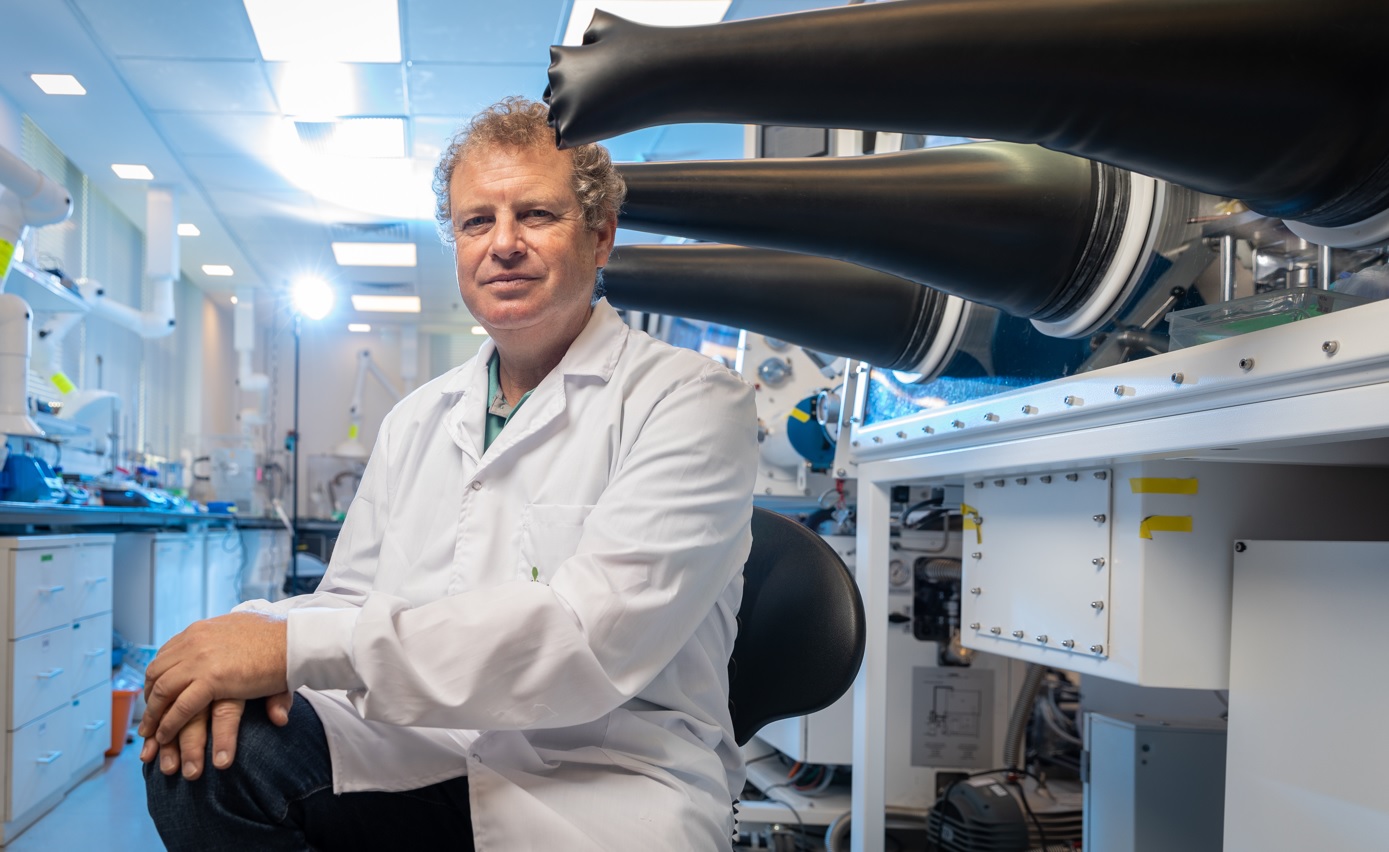GadgetWheels
Car makers need a start-up mindset to boost EVs
Battery pioneer StoreDot has called on car companies to work in tandem with groundbreaking technology companies to accelerate innovation.
StoreDot, the Israeli pioneer of extreme fast charging battery technology for electric vehicles, has called on global electric vehicle (EV) manufacturers to adopt more of a start-up mindset. This, it said, would help bring transformational charging technologies onto the market more quickly. StoreDot is now on track for mass production readiness of its 100in5 “silicon-dominant extreme fast charging batteries” next year, delivering a range of 160 km in five minutes of charge. StoreDot’s XFC battery solution solves a key range charging anxiety barrier to EV mass adoption – especially in a country like South Africa, where load-shedding creates uncertainty for charging availability.
The company’s CEO, Dr Doron Myersdorf, is urging some automotive manufacturers to re-evaluate their traditional technology introduction timelines in order to accelerate the adoption of these batteries into new vehicles. Traditionally, global car companies are locked into sequential prototyping and testing processes with timescales that fit the familiar long cycles Internal Combustion Engine (ICE) vehicle development. However, leading car companies can embrace new practices and leverage a swifter development mode, enabling the introduction of the latest technologies to market faster, through collaborations with startups and scaleup-ready businesses such as StoreDot.
“We are working with many global OEMs and it’s clear that some are already changing their mindset to adopt advanced battery technologies faster,” says Myersdorf. “But not every OEM behaves like this, and I believe the entire EV industry will benefit from accelerating its processes and timelines if we are going to collectively undertake the seismic shift to electrification that the world needs.
“With a typical 5-year cycle to implement any new battery technology, we are encouraging global automotive manufacturers following traditional processes to adjust their methods and mindset to more agile business practices when evaluating and implementing innovative technologies. “Testing of new technologies such as StoreDot’s Extreme Fast Charge – XFC – cells can be a strict, sequential, and laborious process that assumes a certain level of technology maturity. The upshot is that our game-changing batteries might not get into the hands of car buyers in a timely fashion.
“As charging anxiety is one of the main barriers to EV adoption, such conservative processes can have consequences for the entire battery and vehicle ecosystem and its ability to vastly and quickly improve the world in which we live.” Myersdorf says it is obvious that car makers must not ignore crucial elements such as safety and reliability testing, which are a given.
“But, in my experience, some OEMs are still rigidly sticking to testing regimes that hinder the ability to take advantage of battery breakthroughs. Some parts of the automotive industry are currently being held back and will continue to be so unless we all adopt the agility of start-up concurrent engineering practices.”
XFC technology features 100in5, 100in3 and 100in2 of miles per minute of charging – three generations of StoreDot technologies of silicon-dominant anode, semi-solid-state and post-lithium. The roadmap confirms that the timings for these to enter mass production and adoption will be delivered over the coming decade with 100in5 to be commercially ready as soon as next year, 100in3 by 2028 and 100in2 by 2032. StoreDot’s XFC battery cells are currently being evaluated by 15 global automotive manufacturers.

















